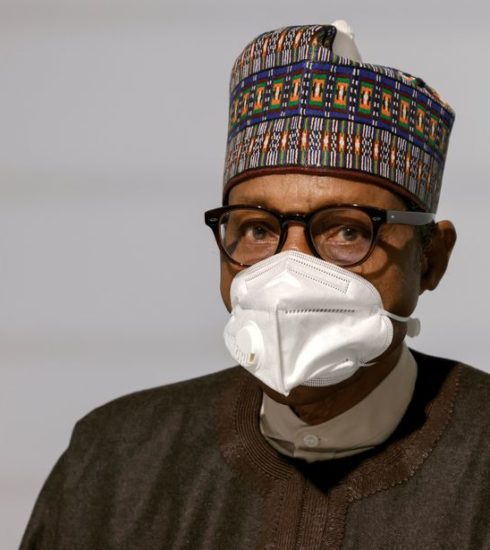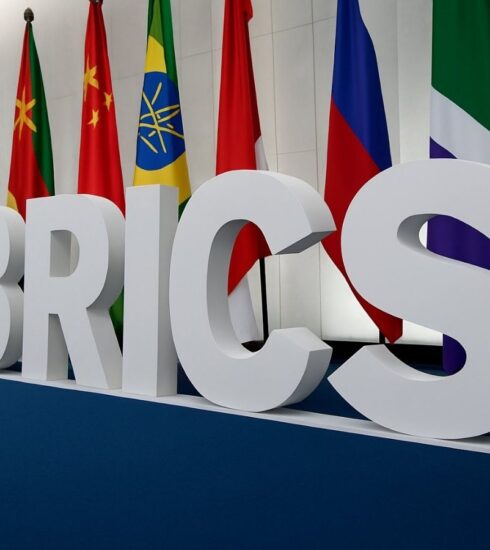The Trump vs Havard Standoff: Who blinks first?
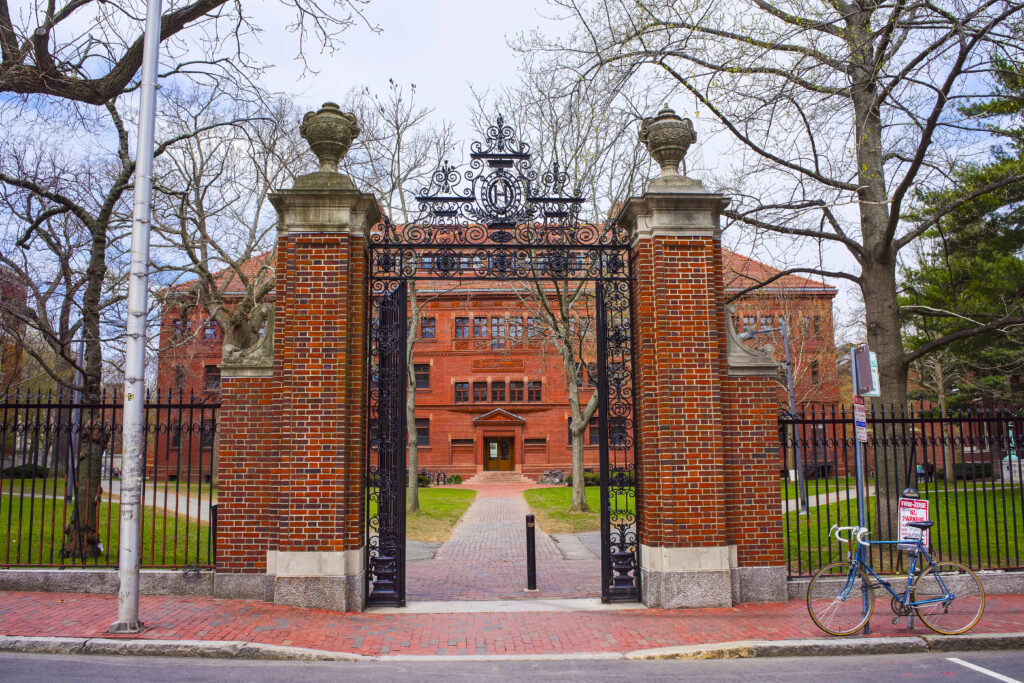
Entrance gate and East facade of Sever Hall at Harvard Yard in Harvard University in Cambridge, Massachusetts. Credit: Havard Crimson
A high pressure clash regarding academic freedom and federal authority has been unfolding between Harvard University and the Trump administration since March 2025, when the White House moved to strip the nation’s oldest university of funding following Harvard’s defiance of the administration’s demands to control the school’s policies, staff and curriculum.
President Donald Trump has come out recently to say he wants the “names and countries” of the international students enrolled at the university to determine “how many radicalized lunatics and troublemakers should not be let back into our Country.” He also said he was considering ending the remaining federal grants and contracts with the university. He has at the moment also revoked the school’s ability to enroll international students.
Existing international students at the university must also transfer to other schools, or risk losing their legal status.
The conflict between Trump officials and Harvard had been building for months over demands that the university submit conduct records about foreign students, as well as change its admissions and hiring practices to combat antisemitism on campus.
The move could adversely affect the university, which enrolled nearly 6,800 international students this academic year. Other universities with large numbers of international students could also be next in the firing line.
The Trump administration has been applying pressure on elite universities across the US – not just Harvard – as part of a broader political strategy to reshape academia’s race-based admissions and its perceived liberal bias.
Trump claims private colleges and schools across the US foster anti-American, Marxist and “radical left” ideologies. His administration has also made demands to limit pro-Palestinian protests on campus, and tried to revoke the visas and green cards of foreign students who participated in such demonstrations.
There were also demands to eliminate diversity, equity and inclusion policies, in line with his national agenda.
The administration announced in April it was blocking Harvard from receiving $2.2 billion in multi year grants and a $60 million multi year contract for declining to follow demands the administration placed on the institution.
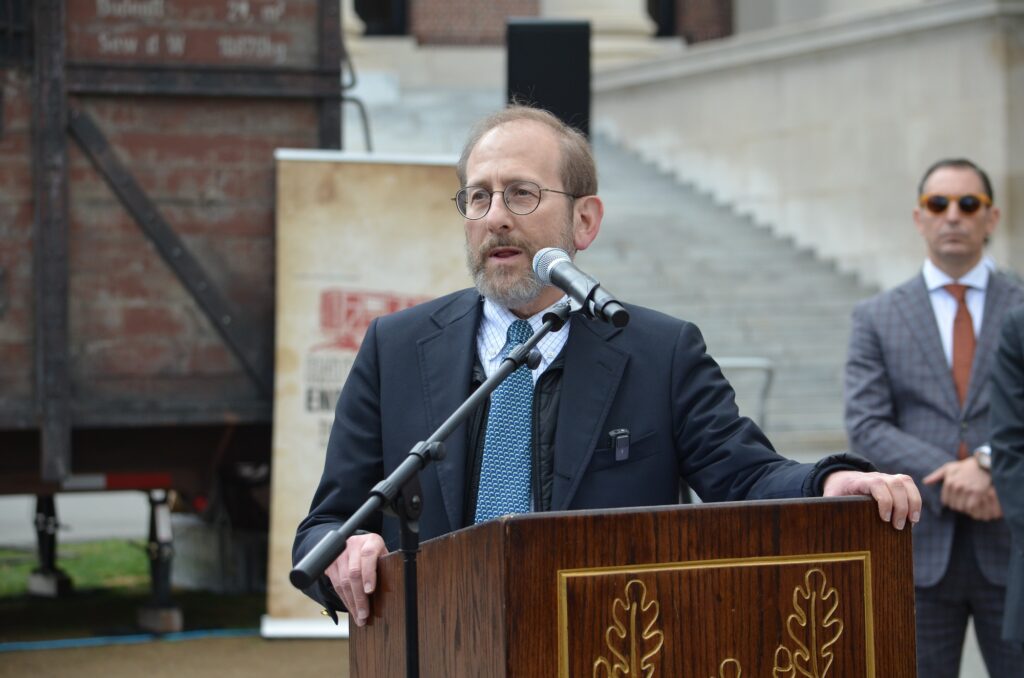
Harvard President Alan Garber has said the university will not give in to the Trump’s administration demands. Credit: Havard Crimson
Harvard President Alan Garber has gone on the record to state that the university would not comply with a series of directives that correspond with the administration’s political agenda for higher education and compromise the institution’s independence.
“The administration’s prescription goes beyond the power of the federal government. It violates Harvard’s First Amendment rights and exceeds the statutory limits of the government’s authority under Title VI,” Garber said in an earlier letter to students and alumni. “No government – regardless of which party is in power – should dictate what private universities can teach, whom they can admit and hire, and which areas of study and inquiry they can pursue.”
In response, Harvard filed a lawsuit against the Trump administration contesting the government’s decision to freeze funding to the university.
Garber said at the time that by freezing funds, the Trump administration has “put in jeopardy” research that includes efforts to improve the prospects of children who survive cancer, to understand at the molecular level how cancer spreads throughout the body, to predict the spread of infectious disease outbreaks, and to ease the pain of soldiers wounded on the battlefield.
Harvard – America’s oldest and wealthiest university – became the first elite college to push back against Trump’s demands.
Homeland Security Secretary Kristi Noem ordered the department to terminate Harvard’s Student and Exchange Visitor Program certification effective for the 2025-2026 school year.
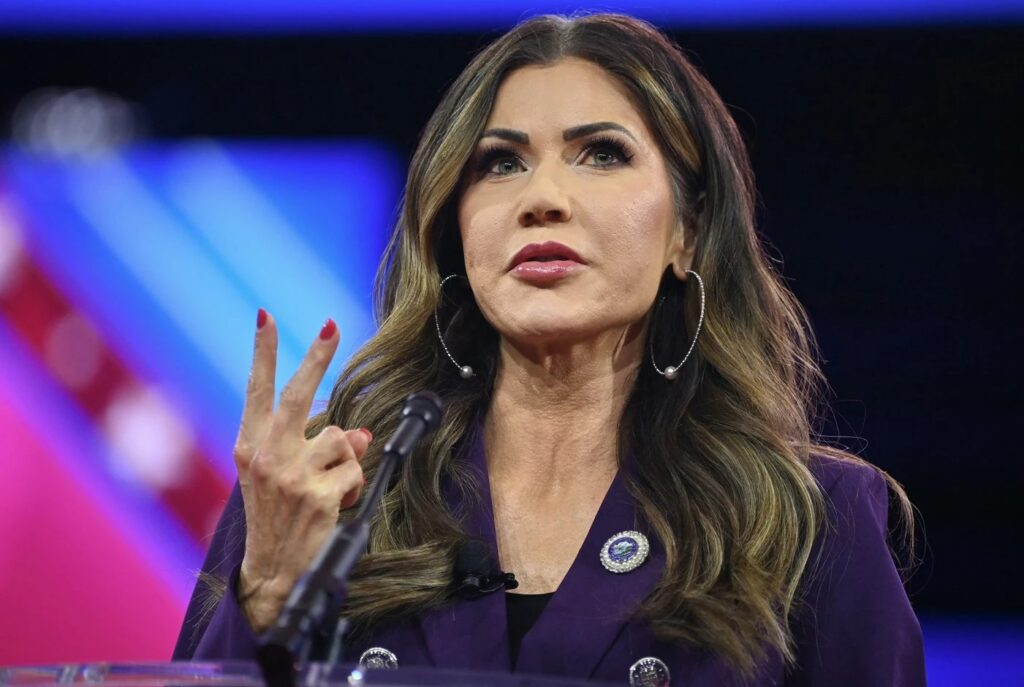
Kristi Noem, United States Secretary of Homeland Security has been reading the riot act to universities across the country. Credit: NY Times
This means Harvard can no longer enrol foreign students, and existing foreign students must transfer or lose their legal status.
“Harvard’s leadership has created an unsafe campus environment by permitting anti-American, pro-terrorist agitators to harass and physically assault individuals, including many Jewish students, and otherwise obstruct its once-venerable learning environment,” the Department of Homeland Security said in a recently released statement.
It also cited China’s Communist Party (CCP) as a factor.
“Harvard’s leadership further facilitated, and engaged in coordinated activity with the CCP, including hosting and training members of a CCP paramilitary group complicit in the Uyghur genocide,” the department stated on its website.
The US government holds authority over who it allows to enter the country, and the Department of Homeland Security oversees which universities are part of the Student and Exchange Visitor Program.
In a letter to the university, Noem gave Harvard “the opportunity” to regain its certification by turning over within 72 hours a raft of records about foreign students, including any video or audio of their protest activity in the past five years.
Harvard on their part has remained resolute and has said it is “fully committed” to educating foreign students.
There are around 6,800 international students enrolled in Harvard’s current academic year, making up 27 per cent of its total enrolment, according to university statistics.
Students who complete their degrees this semester will be allowed to graduate. Harvard’s Class of 2025 is expected to graduate next week.
Students who are mid-way through their degrees, however, will need to transfer to another university or lose legal permission to remain in the US. This is also true for international students who are expected to enter Harvard this year and have accepted admission offers on May 1.
Many international students are in graduate programmes, and their move to other schools could affect Harvard’s research programmes. They will be losing a massive chunk of their STEM (science, technology, engineering and mathematics) programme graduate students. This will most definitely affect their ability to do top-end research in many fields.
Observers say research that the government has literally put in jeopardy includes studies on childhood cancer, multiple sclerosis, Parkinson’s disease and Alzheimer’s disease.
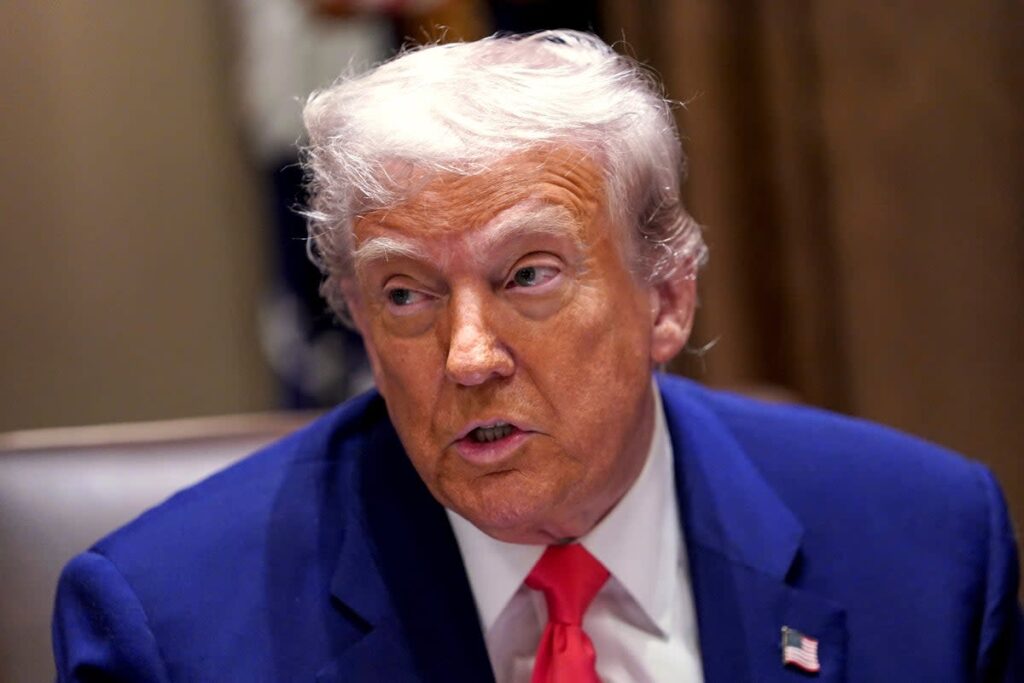
The Trump administration has given ultimatum to a number of universities across the country to give the Federal government access to their foreign students list. Credit: Yahoo News
According to multiple reports, in the last academic year, Harvard received about US$700 million in research funding from various federal agencies, including the Departments of Health and Human Services, Defense and Energy.
As Harvard looks to counter the loss of federal funds, it has said it will free up an extra US$250 million of university money to help pay for research during the coming academic year, adding to the approximately US$500 million it already spends on research annually.
Beyond Harvard, there’s the wider impact of losing international students. These students bring in revenue for the US economy by working and spending money in their community, making the American education sector one of the country’s strongest exports.
Columbia University last month capitulated to demands from the administration to reform its policies around security and protests as well as reconsider its Middle Eastern studies department after being threatened with the withholding of $400 million in federal funding. Several other universities across the country are currently facing federal inquiries that could result in similar demands to change academic, social or cultural policies.
This standoff with Harvard and other Universities round the country seem to be a latest episode in a series of anti-people policies the Trump administration has pursued so vigorously ever since it came into power for a second term.




